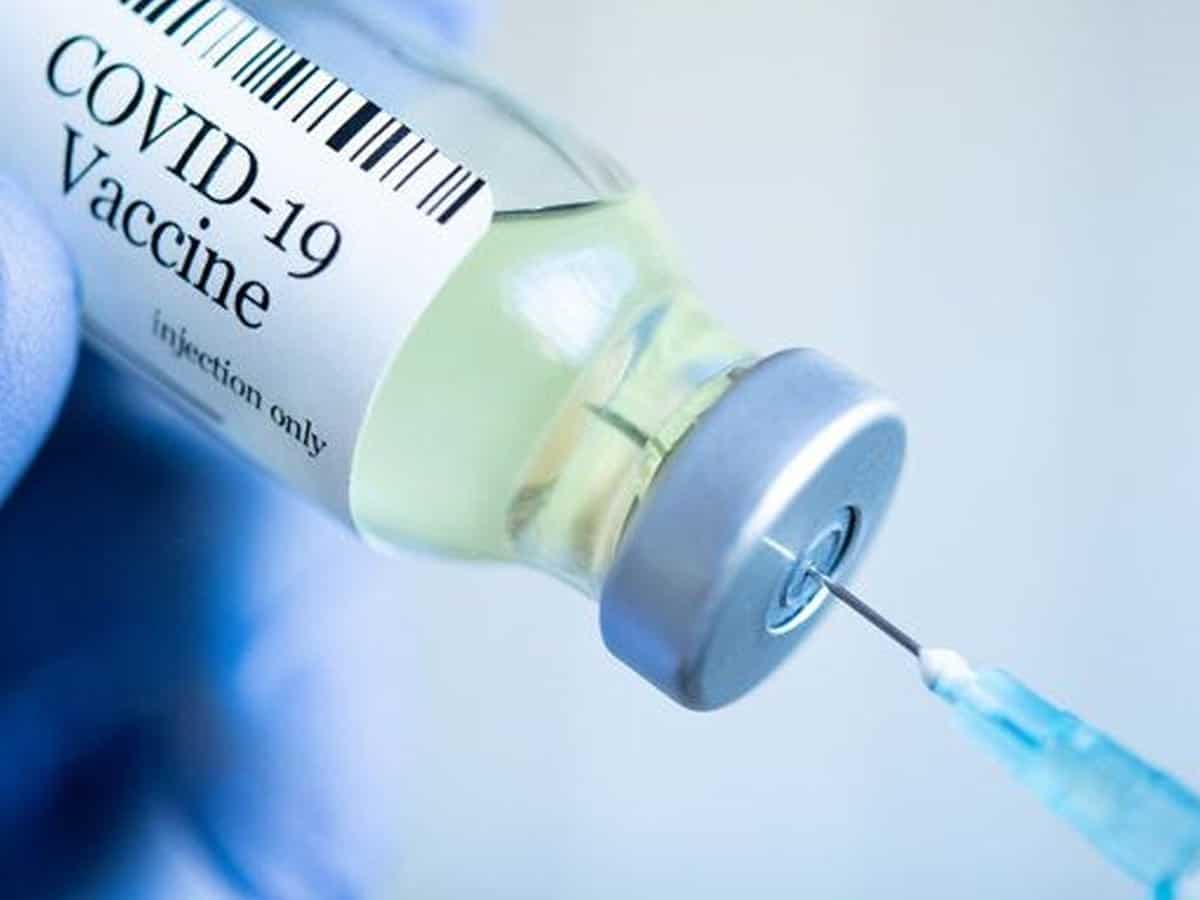London: The vaccines being administered to protect against COVID-19 are almost certainly less effective against preventing the transmission of the B1.617.2 variant first identified in India, a leading UK scientist who advises the country’s vaccination programme said on Saturday.
Professor Anthony Harnden, from the University of Oxford who is the deputy chair of the Joint Committee on Vaccination and Immunisation (JCVI), said it was important to approach the easing of lockdown in England with utmost caution as it remains unclear exactly how much more transmissible the variant detected in India is.
But he reiterated that there is no evidence so far of increased severity of illness or that the particular mutation of the coronavirus evades the vaccine.
The vaccines may be less effective against mild disease but we don’t think they’re less effective against severe disease. But in combination with being less effective against mild disease, they’re almost certainly less effective against transmission, Prof. Harnden told the BBC.
We don’t know how much more transmissible it is yet. All the evidence so far suggests there is no evidence of increased severity of illness or that it evades the vaccine. So, at the moment, on the basis of the evidence we are doing the right thing, coolly, calmly continuing with Monday, but keeping everything under review, he said, in reference to the next stage in the easing of lockdown that begins in England from Monday.
His comments follow UK Prime Minister Boris Johnson’s Downing Street press conference on Friday evening, when he focussed on the important unknowns related to the B1.617.2 variant, which is believed to be largely behind India’s devastating second wave of the COVID-19 pandemic.
We believe this variant is more transmissible than the previous one in other words it passes more easily from person to person but we don’t know by how much, said Johnson.
I am told that if it’s only marginally more transmissible, we can continue more or less as planned.
But if the virus is significantly more transmissible, we are likely to face some hard choices. We are going to be learning a lot more in the coming days and weeks about that, he said, in an indication that a planned June 21 timeline for an end to all lockdown measures is likely to change.
He also pointed to the good news that so far there is no evidence to suggest the vaccines being administered by the National Health Service (NHS), which includes the Oxford/AstraZeneca vaccine being deployed in India as Covishield, will be less effective in protecting people against severe illness and hospitalisation.
So I believe we should trust in our vaccines to protect the public whilst monitoring the situation very closely. Because the race between our vaccination programme and the virus may be about to become a great deal tighter, he said.
Under the UK’s action plan laid out to tackle the B1.617.2 variant of concern (VOC) first identified in India, all over-50s and the most vulnerable groups are to be offered their second COVID-19 vaccine dose earlier than scheduled.
Appointments for a second dose of a vaccine will be brought forward from 12 to eight weeks for these groups.
Those aged under 50 will continue to get their first dose, with their second dose at 12 weeks, as has been the deployment strategy so far.
We have implemented measures at record pace to get on top of this new variant and control the spread. Everyone has a role to play in this effort accept the invitation to get a jab when it comes, and if you live in one of the areas where we’ve introduced surge testing, get your free PCR test. Let’s work to fight this together, said UK Health Secretary Matt Hancock.
The move will be supported by targeted new activity to accelerate vaccine uptake amongst eligible cohorts in Bolton and Blackburn with Darwen, among the 15 most affected areas from the B1.617.2 VOC.
Public health officials are being backed up by the Army in some of these hotspots to distribute coronavirus tests door-to-door as part of the drives.
This move is a belt-and-braces approach to ensure as many people as possible have the full protection a vaccine has to offer make sure to book in your jab when contacted, said Nadhim Zahawi, UK Vaccine Deployment Minister.
The government’s Scientific Group for Emergencies (SAGE) believes B.1.617.2 VOC could be up to 50 per cent more transmissible than one first recorded in the southeast England region of Kent last year, which is the UK’s dominant strain.
The latest data on the B1.617.2 variant, published by Public Health England (PHE) on Thursday, shows the number of cases across the UK has risen from 520 last week to 1,313 cases this week.
Most cases are in the north west of England, with some in London.
Britain, which has recorded 128,000 coronavirus deaths since the pandemic hit last year, has seen new infections fall sharply and daily deaths in single figures in recent days.
Under a pre-set lockdown easing roadmap, most businesses are set to resume full activity from Monday.
Scotland, Wales and Northern Ireland are also following similar patterns, though the Scottish government has kept the city of Glasgow and the northern area of Moray under restrictions because of rising case numbers of the B1.617.2 VOC.

